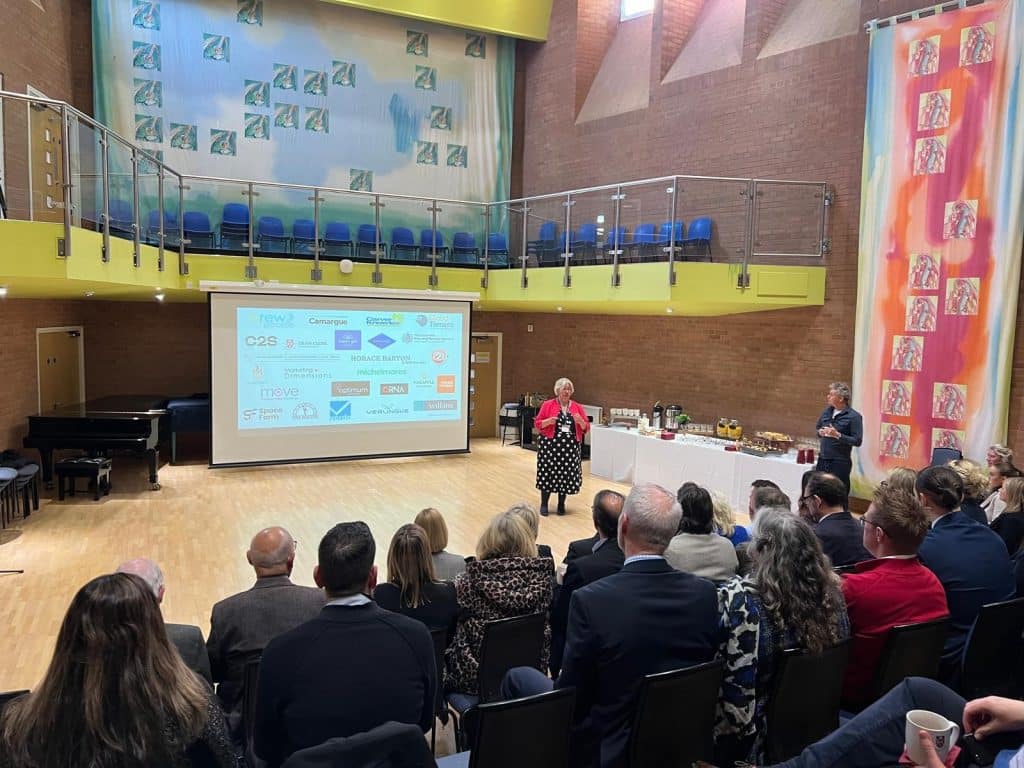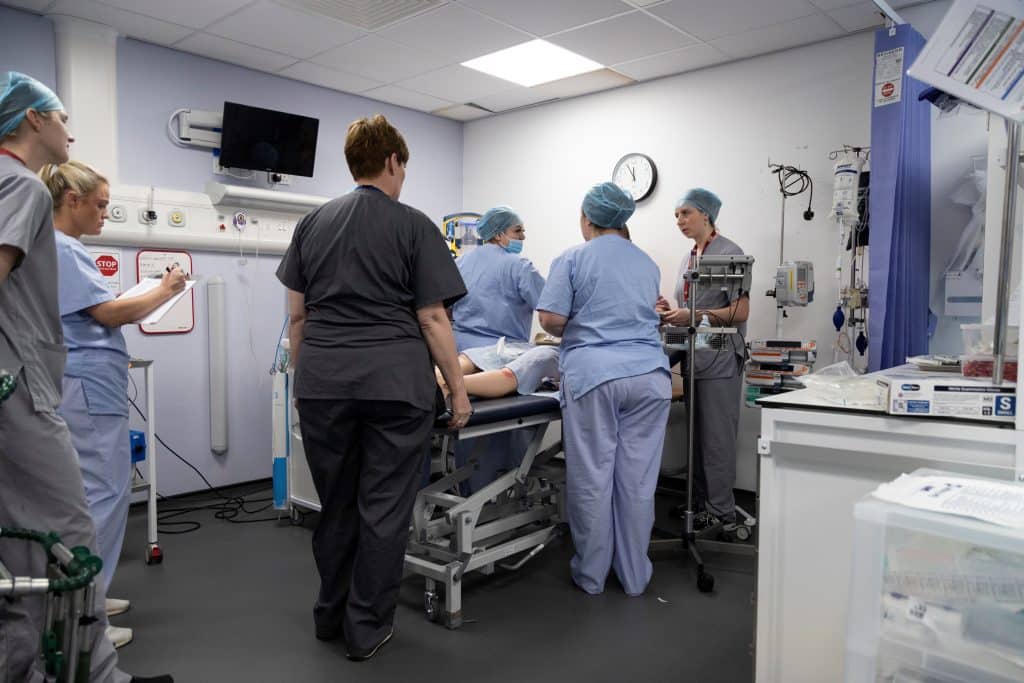Businesses are set up by entrepreneurs who, by definition, are willing to take risks. As those businesses move forward and become more successful, business owners look to manage those risks, either by internal process, external insurance, or a combination of both.
Trade credit risk stands out as risk often misunderstood until it is too late.
At a time when businesses, consumers and governments are dealing with massive economic volatility, it would make sense for businesses to consider their trade credit risk, to review their processes, and how they manage their risk. At The Channel Partnership, we have had presentations from insurers representing over 50% of the UK credit insurance market in the last month and the message is that the number of enquiries from companies who do not have credit insurance in place is down against last year, not up as we would expect.
When a company approaches The Channel Partnership, they are primarily ‘self-insuring’ their trade credit risk. We help them understand the risks they are exposing their business to and highlight the value of Trade Credit insurance. We do hear some common misconceptions around managing credit risk and here we outline a few:
“We do not need Trade Credit insurance as we have not incurred bad debts”
With no real-world data to work from, it is easy to benchmark the cost of Trade Credit insurance against your business’s historic bad debt record; “Credit insurance would have cost me £x over the last 5 years and I’ve only incurred £y bad debts so I am better off not having had credit insurance in place”.
However, we take insurance out as protection against the risk of something happening in the future, not what has happened in the past. The economic outlook is now ominous and credit insurer Atradius is predicting a 33% increase in corporate insolvencies during 2022 compared to 2021 so there is a higher likelihood of incurring a bad debt in the next 12 months.
“We already have credit risk management processes in place”
If your business has no bad debts in the last two years, it can be tempting to draw the conclusion that your risk management processes are producing these results. While risk management processes are vital, bad debts have been at historic lows for the last two years as companies have been supported by government schemes and court action against debtors has been limited.
In total, 1,677,129 COVID-19 related loans are now falling due for repayment, 2% of which are subject to default totalling more than 30,000 companies. This is an early warning of the increasing risk of future bad debts.
“We rely on credit rating agencies”
Companies like Creditsafe and Experian provide reports on every UK company (and many overseas companies) giving a recommended credit limit and risk rating. They analyse data and trends from accounts and other documents filed at Companies House, court proceedings and other sources. Credit risk management processes built around these reports, plus trading experience and industry news is as good as it gets for some SME’s.
Unfortunately, predicting an insolvency is difficult and credit reference agencies often continue to recommend high credit limits right up until the point of insolvency. As an example, we can look at Midas Group Ltd, a £300m turnover group that announced its intention to appoint an administrator in January 2022. At the time, Creditsafe were recommending a £1.9m credit limit.
Speak to our experts
Conversations around trade credit risk management are detailed and nuanced with no right or wrong answers. At a time of great global economic and political uncertainty, we highly recommend speaking to our experts for a chat about your business’s credit risk management processes and we can provide advice on the most viable ways to protect your business, whether that’s through Trade Credit insurance or not.
Whether it’s over the phone, a Teams call or a meeting in our office with a cup of tea, it all starts with a conversation. Get in touch with our team today.




